Immigration slowdown could prove costly for Atlantic Canada, economist warns
Hanlyn Barlomento speaks with her husband, Cedric Fuentes, every day by video conference, lifting up their baby girl, Celeine, so her father can talk to her.
With the family separated due to the pandemic, Fuentes hasn't yet been able to hold his eight-month-old daughter.
"It's very, very difficult. I'm very emotional," said Barlomento.
"I remember when I found out about the pandemic and how everything is going on lockdown all over the world. I was crying for weeks because, you know, I'm a first-time mom and I need him to be here with me."
Barlomento is a Canadian citizen who met her husband on a trip to visit family in the Philippines. They married and began the process for him to immigrate, anticipating he could have his permanent residency this year.
But she's still waiting for the immigration paperwork to be processed, and she's been unable to get any kind of time estimate from immigration staff.
"I can't even explain the loneliness that I feel right now," Fuentes said. "My family is away from me, especially now that my daughter is growing up without me."

Barlomento hoped to return to work or school after her husband arrived to help care for the baby, but those plans are on hold for now.
According to a senior economist at RBC, this scenario is a common one and concerning for Atlantic Canada.
"This might be a temporary thing, we might be seeing a rebound in the fall or in the spring, depending on what ... happens with the coronavirus and the federal government's response. However, if this keeps up, we're in danger of falling off track," said Andrew Agopsowicz.
Agopsowicz studies immigration and labour trends for RBC and has analyzed the latest numbers released by Immigration, Refugees and Citizenship Canada. He saw what he described as a "complete shutdown" of immigration between late March and June due to border closures.
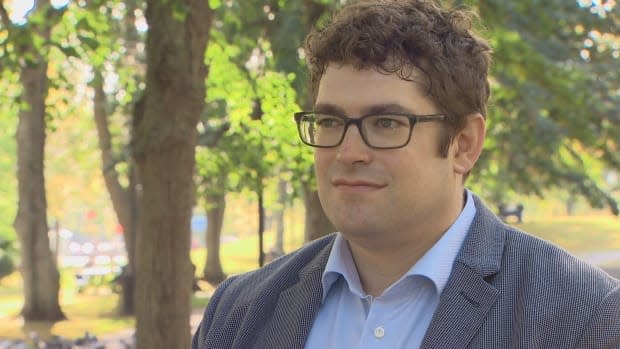
Days before the border shutdowns, the federal government put forward a goal of bringing in 341,000 new permanent residents in 2020. Based on permanent resident admissions so far, Agopsowicz predicts the country will reach about 70 per cent of that goal.
"It doesn't look like, from the recent data, we're in a position to catch up from the last quarter," he said.
Agopsowicz said even if the loss is temporary, it could still translate to a "very costly" year.
"The Atlantic provinces, it could hit particularly hard," he said, adding because the region is aging overall it relies heavily on immigrants to grow its labour force, particularly in areas like health care and support for the elderly.
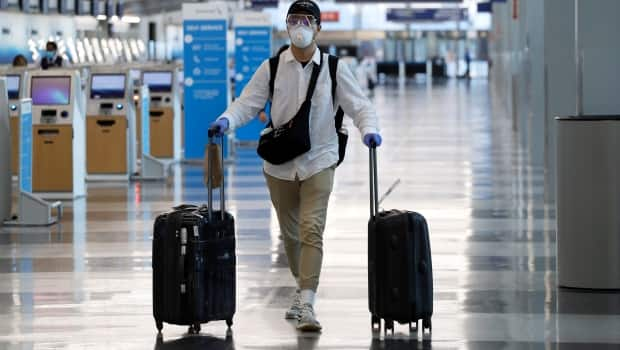
"The Atlantic provinces are less prepared, I think, to handle that shock than say, central Canada or the West," he said.
Meghan Felt, a St. John's, N.L.-based lawyer who specializes in immigration law, said many of her clients are frustrated with the slowdown they've seen during the pandemic.
"It's making a problem that was already there, worse, really," said Felt, a partner with the law firm McInnes Cooper. Felt does a lot of work for employers trying to bring in health-care workers and other critical infrastructure workers.
In her experience, applications from people deemed non-essential workers are at a standstill, and even essential worker applications that might have previously taken a couple of days are taking upward of six weeks. She said some clients are trying to speed up the process by appealing to local politicians.
She thinks some applications could be abandoned.
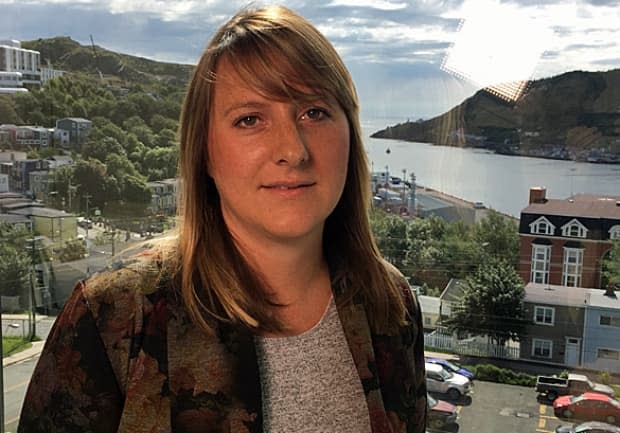
"You have employers who are working really hard to get people here and want them here yesterday. And then they're afraid they're going to lose these people to move to maybe a different country or just decide that they're going to stay put," she said.
"And then individuals I've seen many times, time and time again, just a complete frustration with the process and with the timelines. And so a lot of them will give up."
On Prince Edward Island — a province still leading the way on population growth — the head of the Charlottetown chamber of commerce said her members are monitoring the immigration situation, but it's not time to sound the alarm.
Penny Walsh-Maguire said immigration has been a big part of P.E.I.'s "social story" and economy recently, but given the pandemic, some restrictions had to be expected. Some of her members are re-examining their hiring practices and even reporting a small increase in people arriving interprovincially instead of internationally.
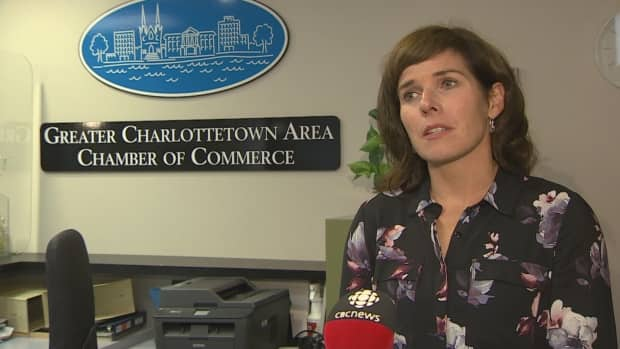
"P.E.I. and the Atlantic provinces are seen as a very safe destination," she said. "What I am hearing from members is when they do post a job, they are seeing a little bit of an increase ... of applications coming from other [places in] Canada, particularly Alberta and Ontario."
Immigration Minister Marco Mendicino plans to deliver an update on Canada's immigration targets in November. He said there's no doubt that COVID-19 has had an impact on the immigration system.
"But I am very optimistic and confident that as a result of a number of innovations that we've introduced and technologies that we're taking full advantage of, that we will make actually quite remarkable progress despite the interruption that has been caused by COVID-19."
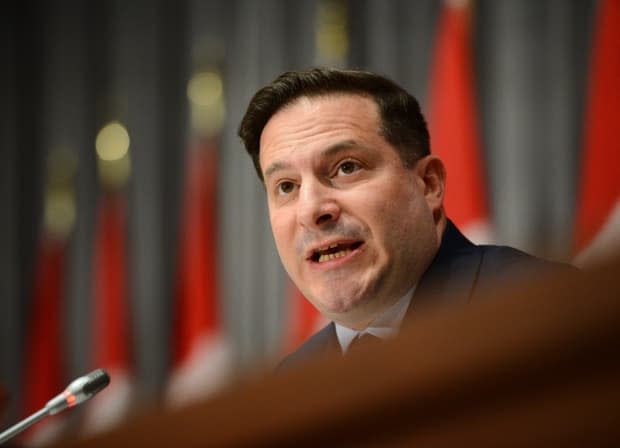
Mendicino said those new innovations and technologies include putting more services online, such as virtual citizenship ceremonies. He did not say whether Canada is likely to meet its current targets, or whether the targets would change, but emphasized that immigration will be part of the COVID-19 recovery plan.
As for Hanlyn Barlomento and her family, IRCC said it's increased the number of people able to make decisions on spousal applications and hopes to process almost 50,000 applications by December.
For now, she remains hopeful that IRCC will be able to respond to the situation.
"I really want them to actually understand what we're going through," she said.
"If they have to triple the workforce or get people to actually speed things up, then that's what I want them to do."
MORE TOP STORIES


